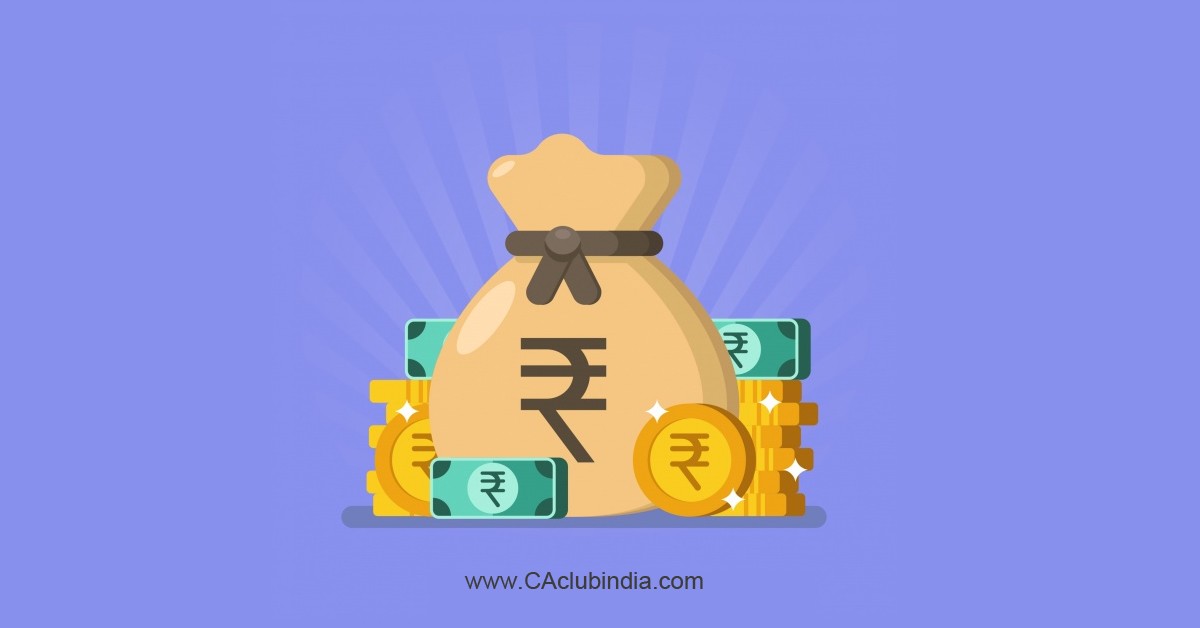Introduction for consolidated fund of India
The Consolidated Fund of India, as defined in Article 266(1) of the Indian Constitution, serves as the important reservoir for all revenue received by the government from various sources.
The Consolidated Fund of India is one of the most important government accounts which incorporates all the revenue which are generated from direct taxes, indirect taxes, and other sources. It includes revenue from various sources like income tax, customs, central excise etc.
Table of Contents

Types of revenues go into the Consolidated Fund of India?
All the government revenue which are generated from direct taxes, indirect taxes, and other sources are goes into the Consolidated Fund of India.
- Revenue which are earned from direct taxes such as income tax, corporate tax, etc
- Revenue which are earned from indirect taxes such as GST
- Dividends and profits from PSUs like ONGC, SAIL, etc
- Money earned from various government’s general services
- Disinvestment receipts
- Debt repayments
- Loan recoveries
Note: Without the approval from Parliament, money cannot be withdrawn from the Consolidated Fund of India.
Components of Consolidated Fund Of India
The Consolidated Fund of India is divided into five important components:

Who gets salary from a Consolidated Fund?
Various high-ranking officials are paid from the Consolidated Fund of India.
- The President
- The Speaker
- The Deputy Speaker of the Lok Sabha
- The Chairman and Deputy Chairman of Rajya Sabha
- Salaries and allowances of Supreme Court judges
- Pensions of Supreme Court and High Court judges
Salaries which are not charged from the Consolidated Fund of India
The salary of High Court judges are charged from the Consolidated Fund of the respective state they serve, not from the Consolidated Fund of India.
Similarly, the salary of the Chief Justice of India and other judges of the Supreme Court is also not charged on the Consolidated Fund of India as their salaries are paid from the Consolidated Fund of the respective state they were serving before their appointment to the Supreme Court.








 CAclubindia
CAclubindia

